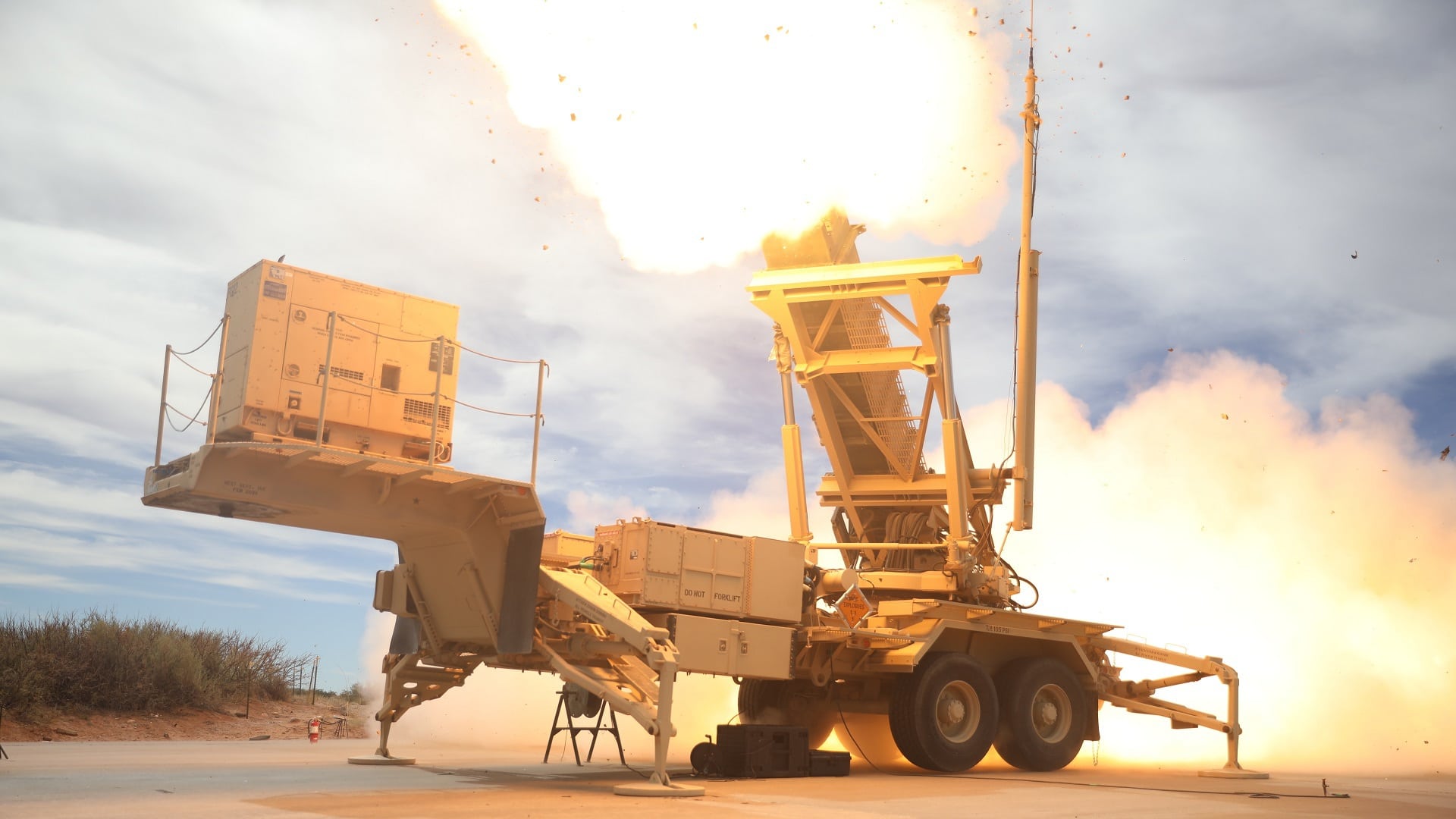Jordanian officials on Monday asked the U.S. to deploy Patriot air defense systems to aid the Hashemite Kingdom amid the Israel-Hamas war in Gaza. A spokesperson for the Jordanian army told state television that it hopes to bolster its own defenses in case a wider regional conflict ignites.
Brig. Gen. Mustafa Hiyari said, “The drones have become a threat on all our fronts,” noting that the introduction of the Patriot system would be ideal. These remarks followed Washington’s decision to beef up air defenses in the Middle East to protect its own troops and assets from attacks carried out by Iran-linked proxy groups. The Jordanian spokesperson denied reports that American bases in the country are also being used to transfer military equipment to support the Israel Defense Forces.
On October 7, Hamas launched a heinous attack targeting the Jewish people in Israel. At least 1,400 people were killed, thousands more were injured, and as many as 250 were taken hostage in the barbaric onslaught. When Israeli officials declared war against the terror group, concern grew in Washington that Lebanon-based Hezbollah and other regional proxies of Iran could exploit the crisis to ignite a wider war. For this reason, the White House has deployed two carrier strike groups in the region and has delivered other military assets to help the IDF defend Israel.
Iran’s Proxies Are Getting More Active
Earlier this month, the destroyer USS Carney intercepted four land-attack cruise missiles launched from Yemen and believed to be headed toward Israel. Since then, at least 20 attacks have been carried out targeting U.S. military assets and personnel in Iraq and Syria. At least 21 U.S. troops were injured when drones struck the al-Asad airbase in Iraq and the al-Tanf garrison in Syria.
In response to the increased attacks, the Pentagon announced it would deploy multiple Patriot missile defense systems, in addition to one Terminal High Altitude Area Defense system, to the Middle East.
Introducing the Patriot System
Initially used as a SCUD-killing interceptor during the 1990s Gulf War, the U.S. Army’s Patriot system remains a formidable air defense weapon.
The Patriot is one of the most widely operated and reliable systems of its kind. The platform is operated by Germany, Japan, Israel, Saudi Arabia, the Netherlands, Taiwan, South Korea, Sweden, Bahrain, Poland, Qatar, Romania, Spain, the United Arab Emirates, and Sweden. Manufacturer Raytheon designs the MIM-104 surface-to-air missile, which uses an advanced aerial interceptor missile and high-performance radar systems.
Throughout its years of service, the Patriot has undergone several upgrades to retain its edge over competitors. The Patriot was successfully used in combat against Iraqi missiles during the 2003 Iraq War and is used by Saudi and Emirati forces now to thwart Houthi-launched missiles in Yemen. Most recently, the Patriot received an upgrade called the Missile Segment Enhancement that equips the weapon with improved target tracking and radar sensitivity, among other capabilities.
Maya Carlin, a Senior Editor for 19FortyFive, is an analyst with the Center for Security Policy and a former Anna Sobol Levy Fellow at IDC Herzliya in Israel. She has by-lines in many publications, including The National Interest, Jerusalem Post, and Times of Israel. You can follow her on Twitter: @MayaCarlin.

